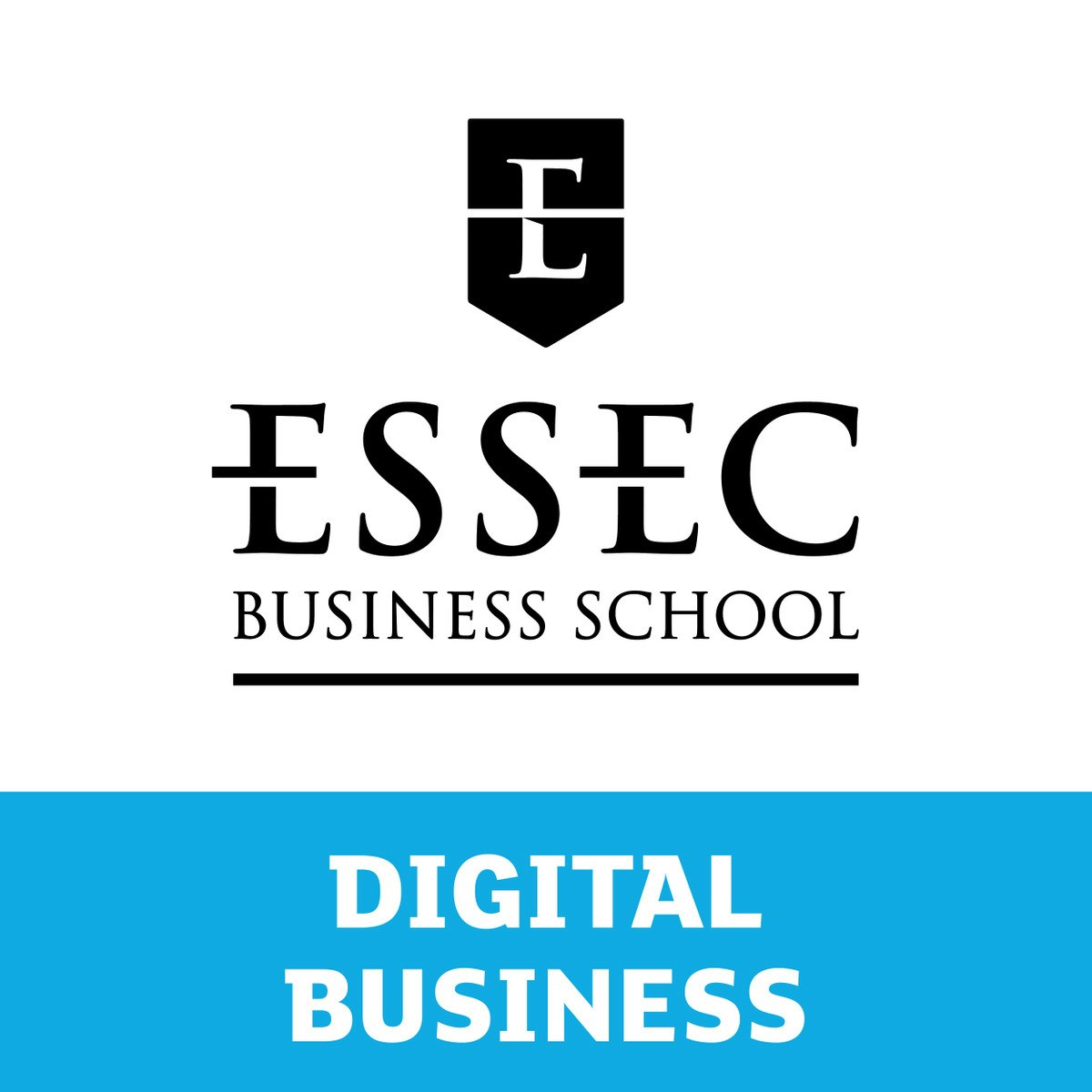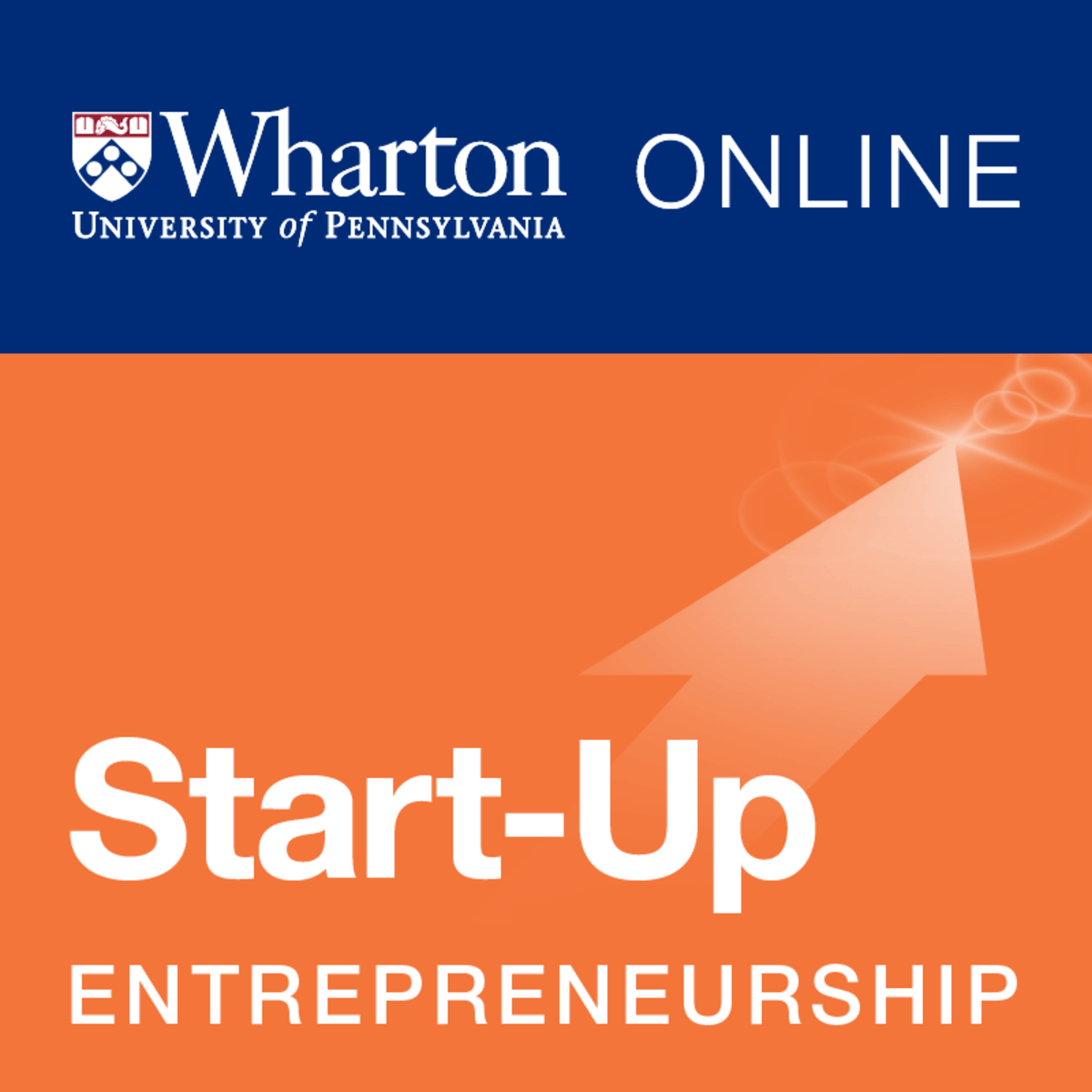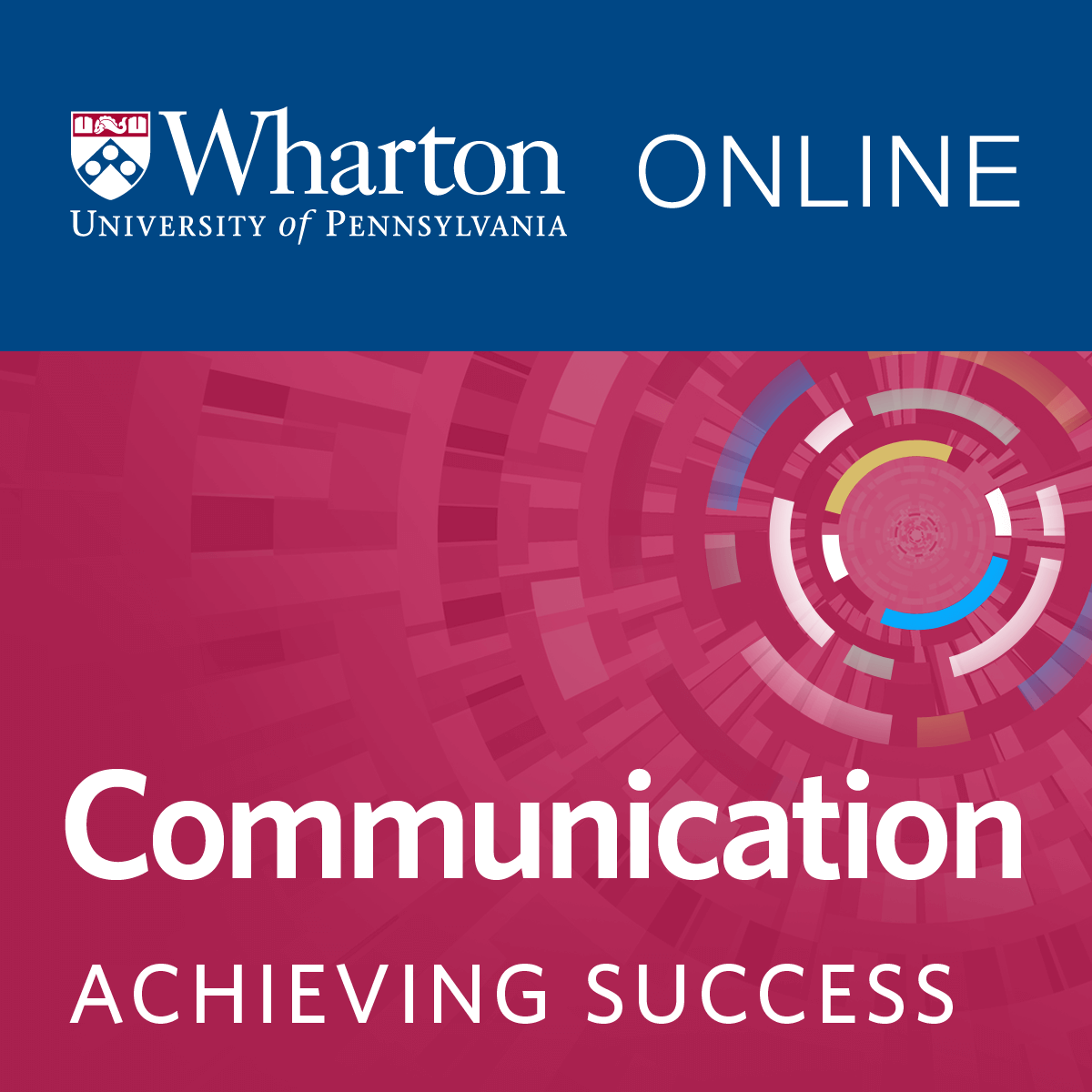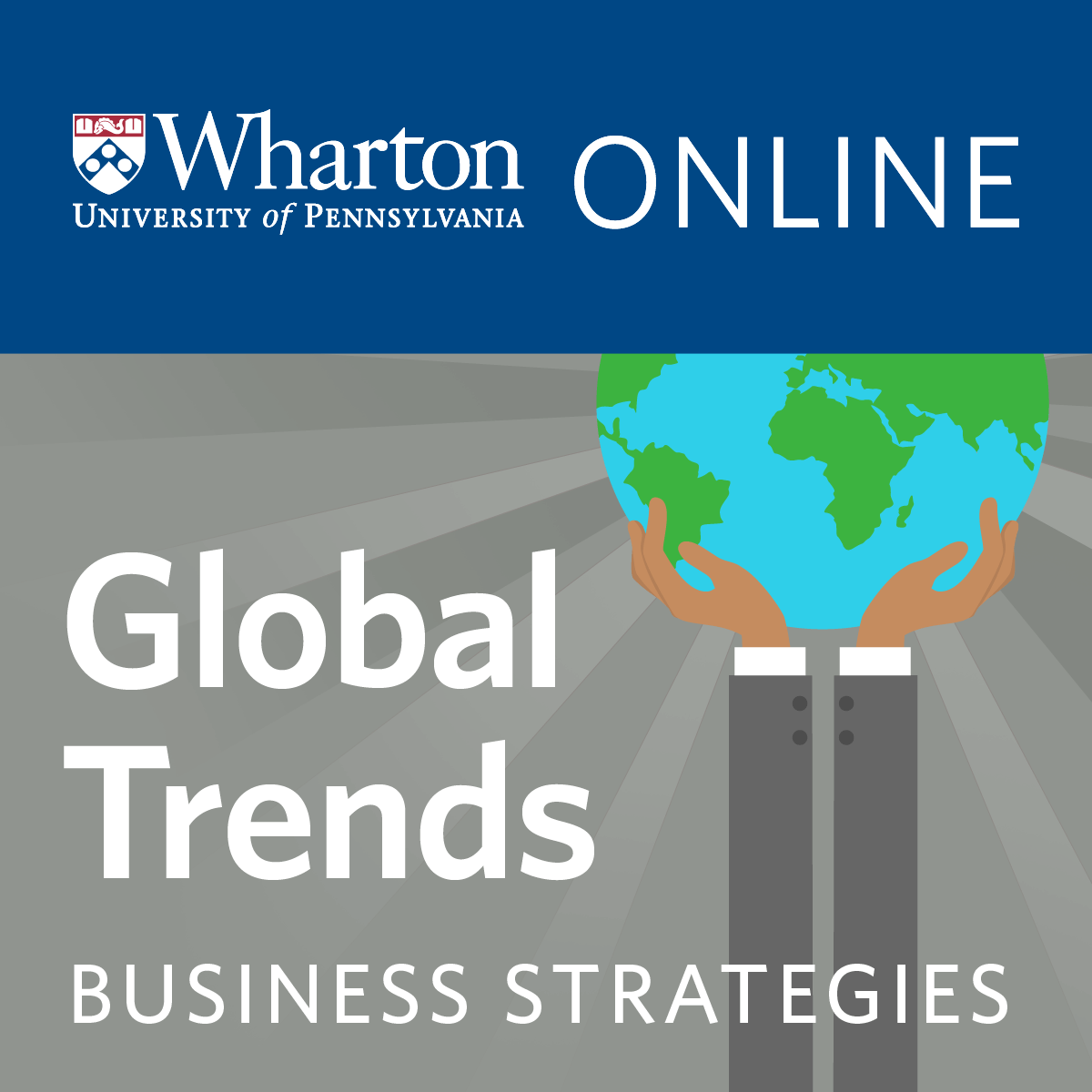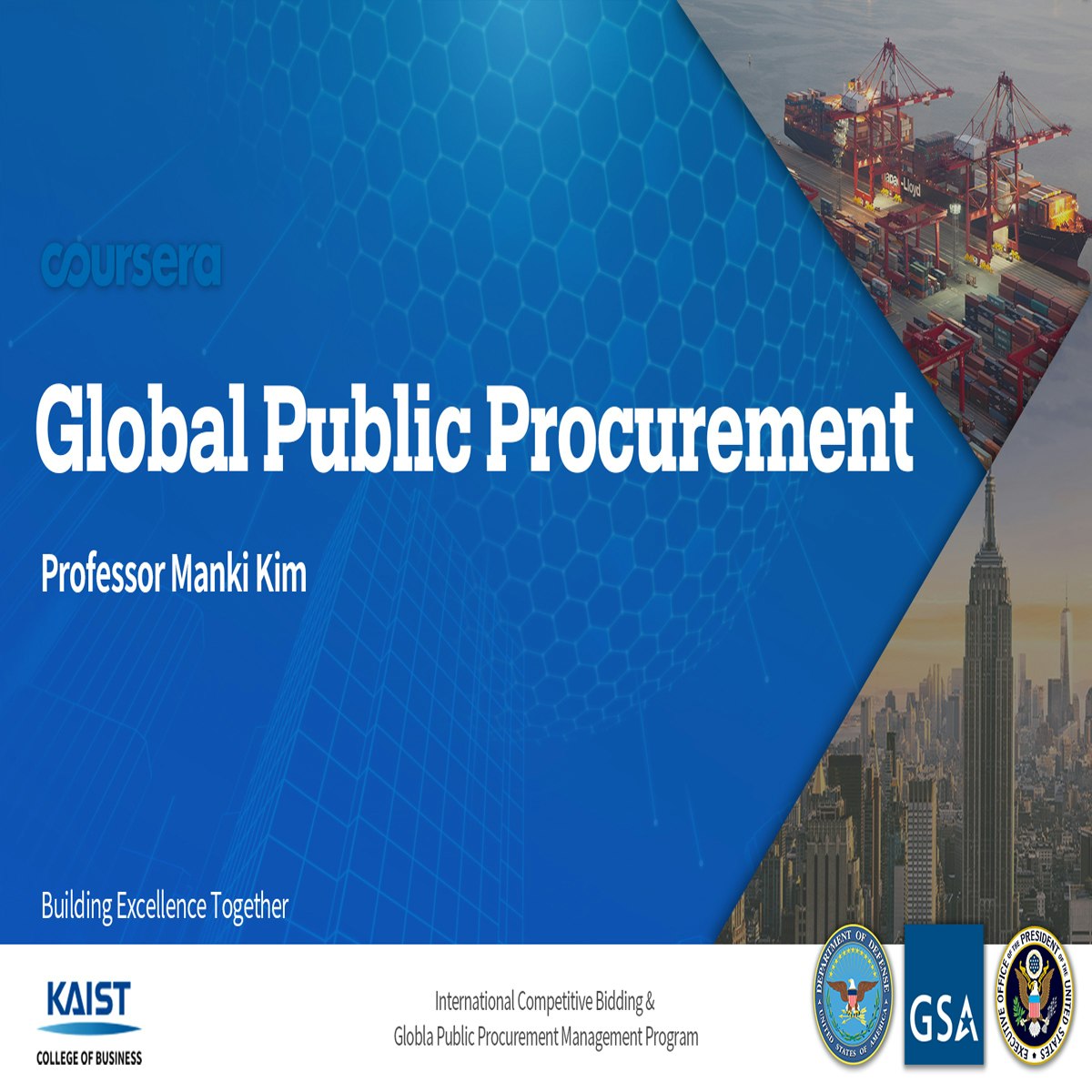Consultant
The Consulting Career Path
Consultants are professional problem-solvers hired by organizations to provide expert advice and solutions. They analyze complex business challenges, identify areas for improvement, and develop strategies to help clients achieve their goals. Think of them as external experts brought in to offer fresh perspectives and specialized knowledge that might be lacking internally.
Working as a consultant often involves tackling diverse and intellectually stimulating problems across various industries. You might find yourself helping a tech company launch a new product one month, and advising a healthcare provider on improving patient care the next. This variety, coupled with the chance to make a tangible impact on client organizations, makes consulting an exciting and dynamic career choice for many.
Introduction to Consulting
What is a Consultant?
At its core, a consultant is an advisor. Organizations engage consultants when they face challenges they cannot solve internally or when they seek an objective, external viewpoint. The primary objective is to leverage the consultant's expertise to improve performance, solve problems, or navigate change effectively.
Consultants work across a vast spectrum of functions, from strategy and operations to finance, human resources, and information technology. Their role involves diagnosing issues, conducting research and analysis, developing recommendations, and often assisting with the implementation of proposed solutions.
The relationship between a consultant and a client is built on trust and expertise. Clients expect consultants to bring deep knowledge, analytical rigor, and actionable insights to the table, ultimately delivering measurable value to the organization.
A Brief History of Consulting
Modern management consulting traces its roots back to the late 19th and early 20th centuries, emerging alongside industrialization and the rise of large corporations. Early pioneers focused on improving efficiency in factories using principles of scientific management.
Firms like Arthur D. Little, founded in 1886, initially focused on technical research but gradually expanded into management advice. The mid-20th century saw the birth of strategy consulting, with firms like McKinsey & Company, founded in 1926, and later Boston Consulting Group (BCG) in 1963, pioneering analytical frameworks to guide corporate strategy.
The profession evolved significantly over time, branching into specialized areas like IT consulting with the advent of computers, and HR consulting as managing talent became more critical. Globalization further expanded the scope, requiring consultants to understand diverse international markets and regulations.
Where Do Consultants Work?
Consultants are employed across nearly every industry imaginable. You'll find them advising companies in finance, healthcare, technology, manufacturing, retail, energy, and the public sector, among others. The need for expert advice transcends industry boundaries.
Common sectors include financial services, where consultants might advise on risk management or digital transformation. In healthcare, they could work on optimizing hospital operations or developing new patient care models. Technology consulting is another large field, focusing on IT strategy, system implementation, and cybersecurity.
Government agencies and non-profit organizations also frequently hire consultants. They might seek help with policy analysis, operational efficiency, or program management. The breadth of industries ensures a constant stream of varied and challenging projects.
Inside vs. Outside Experts
Consulting roles can be broadly categorized into external and internal positions. External consultants work for consulting firms or as independent contractors, serving multiple clients across different organizations.
External consultants bring an outsider's perspective, often seen as more objective. They typically have broad experience from working with various companies and industries, allowing them to benchmark performance and share best practices. They are project-based, moving on once an engagement is complete.
Internal consultants, on the other hand, are employees of the organization they advise. They possess deep knowledge of their company's culture, processes, and politics. While potentially less objective, their long-term presence allows them to see projects through implementation and understand internal nuances more intimately.
Key Responsibilities of a Consultant
Solving Complex Problems
Problem-solving is the cornerstone of consulting. Consultants employ structured frameworks to dissect complex issues presented by clients. This often starts with clearly defining the problem and understanding its root causes, rather than just addressing symptoms.
Techniques like root cause analysis help identify the fundamental reasons behind a problem. Frameworks such as SWOT analysis (Strengths, Weaknesses, Opportunities, Threats) are used to assess a company's strategic position. Consultants must be adept at choosing and applying the right analytical tools for each unique situation.
The goal is not just analysis but developing practical, data-driven solutions. Consultants synthesize information from various sources – data analysis, interviews, market research – to formulate recommendations that address the client's core challenge.
Here are courses that cover fundamental problem-solving and analytical approaches often used in consulting.
Creating and Presenting Solutions
Identifying a solution is only part of the job; communicating it effectively is equally crucial. Consultants must translate their complex analyses and findings into clear, concise, and compelling deliverables for the client.
Common deliverables include detailed reports, executive summaries, and presentations. Increasingly, interactive dashboards and data visualizations are used to present findings in an accessible way. The format depends on the client's needs and the nature of the project.
Crafting these deliverables requires strong writing, data visualization, and storytelling skills. Consultants must tailor their message to different audiences, from technical staff to senior executives, ensuring the key insights and recommendations resonate clearly.
These courses focus on the critical skills of creating compelling presentations and effectively communicating findings, core tasks for any consultant.
These books offer further insights into crafting impactful narratives and visuals for business communication.
Managing Client Relationships
Building and maintaining strong client relationships is vital for success in consulting. Consultants work closely with various stakeholders within the client organization, from front-line employees to C-suite executives.
Effective communication is key. This includes active listening to understand client needs and concerns, providing regular project updates, and managing expectations. Consultants must navigate organizational politics and build trust with key decision-makers.
Stakeholder management involves identifying individuals or groups affected by the project, understanding their perspectives, and engaging them appropriately. Handling disagreements or resistance to change requires diplomacy and strong interpersonal skills.
Guiding Projects from Start to Finish
Consultants often manage the entire lifecycle of a project, from initial scoping to final implementation and evaluation. This requires strong project management skills to ensure objectives are met on time and within budget.
The process typically begins with defining the project scope, objectives, deliverables, and timelines in collaboration with the client. Consultants then develop a work plan, assemble resources, and manage the execution phase, overseeing tasks and monitoring progress.
Throughout the project, consultants track key performance indicators, identify and mitigate risks, and manage changes to the scope or plan. Effective project closure involves delivering final reports, ensuring knowledge transfer to the client, and evaluating the project's success.
These courses provide foundational and advanced knowledge in project management, a critical skill set for consultants overseeing engagements.
These books offer practical guidance on managing projects effectively, covering essential methodologies and real-world applications.
Types of Consulting Roles
Management vs. Specialized Consulting
Consulting can be broadly divided into management consulting and specialized consulting. Management consultants typically address high-level strategic and operational issues impacting the overall business performance.
They might work on projects related to market entry strategy, organizational design, mergers and acquisitions, or improving overall profitability. Their focus is often cross-functional, requiring a broad understanding of business principles.
Specialized consultants, conversely, focus on specific functional areas or industries. Examples include IT consultants implementing new software systems, HR consultants advising on talent management strategies, financial consultants focusing on corporate finance, or environmental consultants specializing in sustainability practices. These roles demand deep expertise within a particular domain.
Strategy, Operations, and Implementation Roles
Within management consulting, roles often fall into categories like strategy, operations, or implementation. Strategy consultants focus on long-term direction, helping clients make crucial decisions about where to compete and how to win.
Operations consultants work on improving the efficiency and effectiveness of a company's core processes. This could involve supply chain optimization, cost reduction initiatives, process re-engineering, or improving customer service operations.
Implementation consultants focus on putting strategies and operational improvements into practice. This might involve managing large-scale change programs, rolling out new technologies, or training staff on new processes. While distinct, these areas often overlap within a single project or firm.
Working Independently vs. for a Firm
Consultants can choose between working for established consulting firms or operating as freelance or independent consultants. Working for a firm, especially large ones like McKinsey, BCG, Bain (MBB), or the Big Four (Deloitte, PwC, EY, KPMG), offers structured training, prestigious projects, and clear career paths.
Firms provide resources, support staff, brand recognition, and access to a wide range of clients and industries. However, firm life often involves long hours, frequent travel, and less control over project assignments.
Independent consultants enjoy greater autonomy, choosing their projects, clients, and work schedules. They often specialize in a niche area where they have deep expertise. However, they are responsible for all aspects of their business, including sales, marketing, administration, and securing a steady stream of work, which can be challenging.
Emerging Consulting Niches
The consulting landscape is constantly evolving, with new niches emerging in response to market trends and technological advancements. Sustainability consulting, for example, has grown rapidly as companies face increasing pressure to address environmental, social, and governance (ESG) issues.
Artificial intelligence (AI) advisory is another burgeoning field, helping organizations understand and implement AI technologies responsibly and effectively. Consultants in this space might advise on AI strategy, data governance, ethical considerations, or specific applications like predictive analytics or automation.
Other emerging areas include digital transformation consulting (beyond basic IT), cybersecurity advisory, and specialized data analytics consulting. Staying abreast of these trends is crucial for consultants aiming for long-term relevance.
These courses touch upon some of the rapidly growing fields where consultants are increasingly in demand.
Educational Pathways to Consulting
Undergraduate Degrees for Aspiring Consultants
While there isn't one specific degree required for consulting, certain fields are common starting points. Business administration, economics, and finance degrees provide a strong foundation in core business principles, analytical methods, and financial literacy relevant to many consulting projects.
STEM (Science, Technology, Engineering, Mathematics) degrees are also highly valued, particularly in specialized consulting areas. Engineering backgrounds teach rigorous problem-solving, quantitative analysis, and systems thinking. Computer science is essential for IT and tech consulting.
Degrees in fields like political science, international relations, or even humanities can be advantageous, especially for public sector consulting or roles requiring strong research, writing, and critical thinking skills. Ultimately, firms look for strong academic performance, analytical aptitude, and problem-solving ability, regardless of major.
For those exploring foundational business concepts, consider courses available through OpenCourser's Business category.
The Role of Graduate Degrees
A Master of Business Administration (MBA) degree is often seen as a significant asset, and sometimes a requirement, for advancing in management consulting, especially at top-tier firms. MBA programs deepen business knowledge, enhance strategic thinking, build leadership skills, and provide valuable networking opportunities.
Many top consulting firms actively recruit from leading MBA programs. An MBA can also facilitate a career pivot into consulting for individuals from non-business backgrounds. It signals a commitment to business leadership and provides a structured path into the industry.
Other specialized master's degrees, such as a Master's in Finance, Data Science, Public Policy, or Engineering Management, can be beneficial for specific consulting niches, providing deeper expertise in a particular domain.
Specialized Roles for PhD Holders
Individuals with PhDs are increasingly sought after in consulting, particularly for roles requiring deep technical or research expertise. Fields like life sciences, engineering, economics, statistics, and computer science are common backgrounds for PhD consultants.
These consultants often work in specialized practices, such as healthcare/pharmaceutical consulting, advanced analytics, economic consulting, or technology strategy. Their rigorous research training, analytical capabilities, and subject matter expertise are highly valuable for tackling complex, technical client problems.
While an MBA might focus on breadth, a PhD provides depth. Some firms have specific recruitment tracks for candidates with advanced degrees (PhDs, MDs, JDs), recognizing the unique skills they bring.
Valuable Certifications
While not always mandatory, certain professional certifications can enhance a consultant's credibility and skillset, particularly in specialized areas. The Project Management Professional (PMP) certification is widely recognized and demonstrates expertise in managing projects effectively.
For consultants focused on process improvement, certifications like Lean Six Sigma (Green Belt, Black Belt) are valuable. These methodologies provide tools for optimizing processes and reducing waste, skills applicable across many industries.
In IT consulting, certifications related to specific platforms (e.g., Salesforce, SAP, AWS) or disciplines (e.g., Certified Information Systems Security Professional - CISSP for cybersecurity) can be crucial. Similarly, finance consultants might pursue the Chartered Financial Analyst (CFA) designation.
These courses cover methodologies often associated with valuable consulting certifications.
Building Consulting Skills Through Online Learning
Acquiring Core Competencies Online
Online courses offer a flexible and accessible way to build the foundational skills needed for consulting. Platforms like OpenCourser aggregate thousands of courses covering essential areas like data analysis, business strategy, financial modeling, project management, and communication.
You can learn specific analytical techniques, master software tools like Excel or Tableau, understand core business frameworks, and refine soft skills like presentation and negotiation – all at your own pace. This is particularly beneficial for career changers needing to fill specific skill gaps.
Building a curriculum through online learning demonstrates initiative and a commitment to self-improvement, qualities highly valued by consulting recruiters. Focus on courses that teach practical, applicable skills and offer opportunities to work on real-world problems or case studies.
These courses provide introductions to essential tools and concepts frequently used by consultants.
For guidance on structuring your self-learning journey, explore the OpenCourser Learner's Guide.
Preparing for Case Interviews Remotely
The case interview is a hallmark of the consulting recruitment process. It assesses analytical thinking, problem-solving skills, business acumen, and communication abilities under pressure. Online resources are invaluable for preparing for these challenging interviews.
Numerous online courses, workshops, and platforms specialize in case interview preparation. They teach common frameworks (like Porter's Five Forces or profitability frameworks), provide practice cases across various industries, and offer strategies for structuring analyses and communicating solutions effectively.
You can practice cases solo, use online platforms to connect with practice partners globally, or join virtual coaching sessions. This remote preparation allows aspiring consultants to hone their skills regardless of their location or access to traditional campus recruiting resources.
Building a Portfolio Virtually
Demonstrating practical application of skills is crucial. Online platforms offer opportunities to build a portfolio through virtual projects, simulations, and even pro bono consulting for non-profits or small businesses.
Completing project-based courses allows you to tackle realistic business problems using tools and techniques learned online. Participating in data analysis competitions or contributing to open-source projects can also showcase quantitative skills.
Virtual internships or short-term projects, sometimes facilitated through online platforms, provide real-world experience. Documenting these experiences and the results achieved creates tangible proof of your capabilities for potential employers.
These courses offer capstone projects or simulations that allow learners to apply skills in a practical context.
Integrating Online and Formal Education
Online learning can effectively supplement formal education or provide a pathway for those without traditional business degrees. University students can use online courses to deepen knowledge in specific areas, learn practical tools not covered in class, or prepare for internships.
For career changers, online credentials and project portfolios can bridge the gap between their existing background and the requirements of a consulting role. Combining relevant online coursework with demonstrable analytical and problem-solving skills can create a compelling narrative for recruiters.
It's about strategically blending different learning experiences. Highlight relevant online courses and projects on your resume and LinkedIn profile, clearly articulating the skills gained and how they apply to consulting. OpenCourser's "Save to List" feature can help you curate and share your learning journey.
The Consultant Career Ladder
Starting Out: Analyst and Associate Roles
Entry-level positions in consulting typically carry titles like Analyst, Business Analyst, Associate Consultant, or Junior Consultant. These roles are usually filled by recent graduates from undergraduate or master's programs.
Initial responsibilities focus heavily on research, data collection, analysis, and supporting senior consultants. Analysts spend significant time building spreadsheet models, creating presentation slides, conducting interviews, and synthesizing information.
This period involves intensive learning – mastering analytical tools, understanding consulting methodologies, developing industry knowledge, and honing communication skills. It's a demanding phase but provides a strong foundation for a consulting career.
Climbing the Ranks: Promotion Timelines
Consulting firms typically have well-defined career ladders with relatively predictable promotion timelines, often based on performance. After 2-3 years as an Analyst/Associate, high performers are often promoted to Consultant or Senior Consultant roles.
At this stage, responsibilities expand to include managing smaller project modules, leading client interactions, developing recommendations more independently, and mentoring junior staff. Those joining after an MBA often enter at this Consultant level.
Further progression leads to Manager or Project Leader roles (typically 2-4 years after Consultant), responsible for overseeing entire projects, managing client relationships at a higher level, and developing team members. The path culminates in Partner or Principal roles, focused on business development, firm leadership, and thought leadership.
Beyond Consulting: Exit Opportunities
Consulting is often seen as a launchpad for diverse career paths. The rigorous training, exposure to various industries, problem-solving skills, and C-suite interaction make consultants attractive candidates for industry roles.
Common exit opportunities include moving into corporate strategy, business development, product management, finance, or operations roles within companies they previously advised or in industries they specialized in. Many alumni transition into leadership positions relatively quickly.
Startups also actively recruit former consultants for their analytical rigor and ability to structure ambiguity. Some consultants leverage their experience and network to launch their own ventures. The skills gained are highly transferable across sectors.
Becoming Your Own Boss: Independent Consulting
Experienced consultants may choose to leave firm life and establish their own independent consulting practices. This path offers greater flexibility and the potential for higher earnings per project, but also carries the risks and responsibilities of entrepreneurship.
Successful independent consultants typically possess deep expertise in a specific niche and a strong professional network to generate leads. They must handle all aspects of the business, from marketing and sales to project delivery and invoicing.
This route is often pursued after several years of gaining experience, credibility, and contacts within a traditional consulting firm or industry role. It requires not only consulting skills but also strong business acumen and self-discipline.
Essential Skills for Success in Consulting
Balancing Analysis and People Skills
Success in consulting requires a blend of strong quantitative ("hard") skills and well-developed interpersonal ("soft") skills. Analytical rigor is fundamental – consultants must be comfortable with data, financial modeling, and logical problem structuring.
However, analysis alone is insufficient. Consultants need excellent communication skills to articulate complex ideas clearly, both verbally and in writing. They must build rapport with clients, facilitate workshops, manage stakeholder expectations, and present findings persuasively.
Emotional intelligence, empathy, and the ability to collaborate effectively within teams (both internal and client-side) are equally critical. The best consultants seamlessly combine sharp analytical minds with strong people skills.
These courses focus on developing crucial soft skills alongside analytical capabilities.
Industry Knowledge vs. Transferable Abilities
Consultants need both specific industry or functional knowledge and broadly transferable skills. Deep expertise in a particular sector (like healthcare or financial services) or function (like supply chain or digital marketing) allows consultants to understand client challenges more deeply and offer more relevant solutions.
However, core transferable skills are the bedrock of consulting. These include structured problem-solving, critical thinking, data analysis, project management, communication, and adaptability. These abilities allow consultants to be effective even when tackling unfamiliar industries or problems.
Early-career consultants often focus on building transferable skills while gaining exposure to different industries. Over time, many choose to specialize, deepening their industry or functional expertise to become recognized experts in a particular domain.
Adapting to Different Clients and Cultures
Consultants constantly move between different client organizations, each with its unique culture, communication style, and operating norms. The ability to quickly adapt to these varying environments is crucial for building trust and working effectively.
This requires cultural sensitivity, strong observational skills, and flexibility in approach. What works well in one organization might be ineffective or even counterproductive in another. Consultants must tailor their communication and working style to fit the client context.
For those working on international projects, understanding and navigating cross-cultural differences in business practices, communication norms, and decision-making processes becomes even more critical. Adaptability and cultural intelligence are key assets.
Technology Skills in Modern Consulting
Technological literacy is increasingly important for consultants across all domains. Even non-IT consultants need a solid understanding of how technology impacts business processes, strategy, and customer engagement.
Proficiency in data analysis tools (Excel, Tableau, potentially Python or R for specialized roles) and presentation software (PowerPoint, Google Slides) is fundamental. Familiarity with collaboration platforms and project management software is also expected.
Furthermore, understanding emerging technologies like AI, cloud computing, blockchain, and IoT, and their potential business applications, is becoming a key differentiator. Consultants must advise clients on leveraging technology effectively and navigating digital transformation.
These courses cover essential software tools and emerging technologies relevant to modern consulting.
Industry Trends Shaping the Future of Consulting
The Impact of AI and Automation
Artificial intelligence (AI) and automation are significantly impacting the consulting industry. Routine analytical tasks, data processing, and even aspects of research are becoming increasingly automated, potentially changing the nature of junior consultant roles.
Consultants must adapt by focusing on higher-value activities that machines cannot easily replicate: strategic thinking, complex problem-solving, creativity, empathy, and relationship building. Understanding how to leverage AI tools effectively becomes a new essential skill.
AI also creates new consulting opportunities, advising clients on AI strategy, implementation, ethics, and managing the organizational changes associated with automation. According to McKinsey's State of AI report, generative AI adoption is rapidly expanding, creating demand for expertise in this area.
Shifting Global Demand
Global economic shifts and geopolitical trends influence the demand for consulting services across different regions and industries. While mature markets like North America and Europe remain large, significant growth is often seen in emerging economies.
Companies expanding into new regions require consultants with local market knowledge, cross-cultural expertise, and an understanding of specific regulatory environments. Demand can also shift based on industry trends; for example, growth in renewable energy creates demand for specialized energy consultants.
Consulting firms must adapt their service offerings and geographic focus to align with these shifting patterns of global demand. Individual consultants benefit from developing international experience and cross-cultural competencies.
Evolving Client Expectations
Clients increasingly expect consultants to deliver tangible, measurable results, not just reports and recommendations. There is a growing demand for data-driven insights, leveraging advanced analytics and AI to inform strategies.
Clients also seek more collaborative partnerships rather than purely transactional engagements. They expect consultants to work closely with their internal teams, transfer knowledge effectively, and help build internal capabilities.
Furthermore, speed and agility are becoming more critical. Clients facing rapidly changing markets need consultants who can deliver insights and solutions quickly and adapt to evolving circumstances. This pushes firms towards more agile project methodologies.
Navigating Ethical Challenges
The consulting industry faces ongoing ethical scrutiny. Issues such as potential conflicts of interest, ensuring client data confidentiality, maintaining objectivity, and taking responsibility for the impact of recommendations are critical considerations.
Transparency in methodologies, pricing, and potential conflicts is increasingly expected by clients and regulators. Consultants must navigate the fine line between advocating for their client's interests and upholding professional integrity and ethical standards.
As consultants advise on sensitive areas like workforce restructuring or AI implementation, the ethical implications of their advice become even more pronounced. A strong ethical compass is essential for long-term credibility and success. Many firms invest heavily in ethics training and oversight processes. Reputable sources like the Harvard Business Review discuss these evolving ethical landscapes.
Consulting Around the World
Major Consulting Hubs
Consulting activity is concentrated in major global economic centers. North America, particularly the United States, represents the largest market for consulting services, with major hubs in cities like New York, Chicago, Boston, and San Francisco.
Europe is another significant market, with London, Paris, Frankfurt, and Zurich being key centers. The Asia-Pacific region has seen substantial growth, driven by economic expansion in countries like China, India, Japan, and Singapore.
Other important hubs include cities like Dubai in the Middle East and São Paulo in Latin America. Consultants working for global firms often have opportunities to work on projects across different regions, gaining international experience.
Engaging Across Cultures
Working in a global consulting environment necessitates strong cross-cultural communication and engagement skills. Business practices, communication styles, decision-making processes, and attitudes towards hierarchy can vary significantly across cultures.
Effective consultants learn to adapt their approach, being mindful of local customs and norms. This might involve adjusting presentation styles, negotiation tactics, or methods for building relationships. Misunderstandings can easily arise without cultural awareness.
Developing cultural intelligence – the ability to effectively navigate and adapt to diverse cultural contexts – is a key skill for global consultants. This often involves learning about different cultural frameworks and seeking feedback to improve cross-cultural interactions.
These courses provide insights into navigating different cultural and business environments.
Navigating Local Rules
Operating internationally requires consultants to understand and comply with local laws and regulations. This can encompass areas like data privacy laws (e.g., GDPR in Europe), labor regulations, tax requirements, industry-specific regulations, and rules governing professional services.
Failure to understand or adhere to local regulations can create significant risks for both the consulting firm and the client. Consultants working on international projects must research the relevant legal and regulatory landscape or collaborate with local experts.
This is particularly important in highly regulated industries like financial services or healthcare, where compliance requirements can be complex and vary substantially from country to country.
Opportunities in Emerging Economies
Emerging economies often present significant growth opportunities for consulting firms as businesses in these regions expand, modernize, and seek external expertise. Consultants can play a key role in supporting economic development and helping companies navigate rapid change.
Projects in emerging markets might involve market entry strategy, building infrastructure, developing local talent, implementing new technologies, or adapting global best practices to the local context. These engagements can be highly impactful and offer unique professional experiences.
However, working in emerging economies also presents challenges, such as political instability, infrastructure limitations, different business norms, and navigating complex regulatory environments. Success requires adaptability, resilience, and strong local partnerships.
Ethics in the Consulting Profession
Managing Conflicts of Interest
A fundamental ethical obligation for consultants is to avoid or manage conflicts of interest. A conflict can arise if a consultant's personal interests, or their firm's interests with other clients, could potentially compromise their objectivity or loyalty to a current client.
For example, advising two direct competitors simultaneously, or recommending a technology solution from a company in which the consultant has a financial stake, could create conflicts. Firms typically have policies and procedures for identifying and disclosing potential conflicts.
Transparency is key. Consultants must proactively disclose any situations that could be perceived as a conflict, allowing the client to make an informed decision. Prioritizing the client's best interests over personal or firm gain is paramount.
Protecting Client Confidentiality
Consultants are privy to sensitive and confidential client information, including strategic plans, financial data, customer information, and proprietary processes. Maintaining strict confidentiality is a critical ethical duty.
This involves safeguarding data, restricting access to information within the consulting team on a need-to-know basis, and ensuring that insights gained from one client are not inappropriately used to benefit another. Non-disclosure agreements (NDAs) are standard practice.
With increasing concerns about data privacy (e.g., GDPR, CCPA), consultants must also be knowledgeable about relevant regulations and ensure their data handling practices comply with legal requirements and ethical best practices.
Responsibility for Outcomes
The extent of a consultant's responsibility for the outcomes of their recommendations is a complex ethical area. While clients ultimately make decisions and implement changes, consultants have a professional responsibility to provide sound, well-researched advice tailored to the client's specific situation.
This includes being realistic about potential challenges and risks associated with recommendations, ensuring clients understand the implications of proposed actions, and avoiding over-promising results. Some argue consultants should share accountability for implementation success.
Ethical practice involves not just delivering recommendations but also considering their potential impact on various stakeholders (employees, customers, society) and advising clients in a way that promotes sustainable and responsible business practices.
Maintaining Professional Integrity
Professional integrity is the bedrock of the consulting profession. It encompasses honesty, objectivity, competence, and acting in the client's best interest while upholding ethical principles.
This means providing unbiased advice, even if it's difficult for the client to hear. It involves accurately representing one's skills and experience, setting realistic expectations, and delivering work of high quality.
Consultants often face pressure – from clients to provide certain answers, or from internal targets. Maintaining integrity requires resisting these pressures and adhering to professional standards, ensuring that trust, the foundation of the client-consultant relationship, is preserved.
Frequently Asked Questions About Consulting
Is consulting experience mandatory for industry leadership roles?
No, consulting experience is not mandatory for reaching industry leadership roles. Many successful executives build their careers entirely within a specific industry or company, gaining deep operational and leadership experience along the way.
However, consulting experience can accelerate a path to leadership for some. The exposure to diverse business problems, strategic thinking frameworks, C-suite interaction, and structured problem-solving provides valuable skills applicable to senior management roles.
Ultimately, leadership potential depends on a combination of skills, experiences, and personal attributes. Consulting is one pathway among many that can equip individuals with relevant capabilities, but it's not the only one.
How transferable are consulting skills across industries?
Consulting skills are generally highly transferable across industries. Core competencies like analytical problem-solving, data analysis, project management, communication, and stakeholder management are valuable in almost any business context.
Frameworks for strategic thinking, process improvement, and organizational analysis learned in consulting can be adapted to different sectors. The ability to quickly learn about new industries and business models is itself a key transferable skill developed by consultants.
While deep industry-specific knowledge might take time to acquire when moving to a new sector, the fundamental consulting toolkit provides a strong foundation for success in diverse roles and industries.
What are the typical work hours and travel expectations?
Consulting is known for demanding work hours. Weeks often exceed the standard 40 hours, particularly during critical project phases or deadlines. Late nights and occasional weekend work can be common, though this varies by firm, project, and role.
Travel expectations also tend to be high, especially in strategy and management consulting. Consultants often travel to client sites weekly, typically spending Monday through Thursday away from home. The amount of travel depends heavily on the firm's model, the client's location, and the specific project needs.
While the intensity can lead to burnout, it also offers rapid learning and significant responsibility early in one's career. Some firms are exploring models to reduce travel, but it often remains a significant aspect of the job.
Is consulting a long-term career?
Consulting can be a long-term career for those who thrive in its demanding environment and progress to senior roles like Partner. These roles offer intellectual stimulation, impact, and significant financial rewards.
However, many people view consulting as a shorter-term experience (e.g., 2-5 years) to gain valuable skills and exposure before transitioning to industry roles. The high demands regarding work hours and travel can make long-term sustainability challenging for some, particularly concerning work-life balance.
The "up or out" promotion structure in some firms also means not everyone stays long-term. Whether it's a lifelong path depends on individual preferences, career goals, and ability to adapt to the lifestyle.
How do economic downturns affect consulting?
The consulting industry is cyclical and sensitive to economic downturns. During recessions, companies often cut discretionary spending, which can include consulting fees, particularly for growth-oriented strategy projects.
However, demand for certain types of consulting may increase during downturns. Services related to cost reduction, operational efficiency, restructuring, risk management, and turnaround situations often see higher demand as companies navigate challenging economic conditions.
Firms with diverse service offerings and industry expertise tend to weather downturns better than those narrowly focused. Hiring freezes and layoffs can occur in the consulting sector during severe recessions, mirroring trends in the broader economy. Data from sources like the U.S. Bureau of Labor Statistics can offer insights into employment trends for Management Analysts, a related field.
How does consulting compare to investment banking or product management?
Consulting, investment banking (IB), and product management (PM) are popular career paths attracting similar analytical talent, but they differ significantly. IB focuses primarily on financial transactions like M&A, IPOs, and capital raising, requiring deep financial modeling skills and often involving even longer hours than consulting.
Product management involves defining the strategy, roadmap, and feature definition for a product or product line. PMs work closely with engineering, design, marketing, and sales teams, focusing on building and launching successful products. It requires a blend of technical understanding, user empathy, and business acumen.
Consulting offers broader exposure to different industries and business problems, focusing on advising clients rather than executing financial deals or managing specific products long-term. Each path offers distinct experiences, skill development opportunities, and career trajectories.
Embarking on a consulting career requires dedication, strong analytical skills, and excellent interpersonal abilities. It offers unparalleled learning opportunities and the chance to tackle significant challenges across diverse industries. While demanding, the skills and experiences gained can open doors to numerous future possibilities, making it a compelling choice for ambitious individuals seeking a dynamic and impactful career. Whether you pursue it long-term or as a stepping stone, consulting provides a robust foundation for professional growth.

























